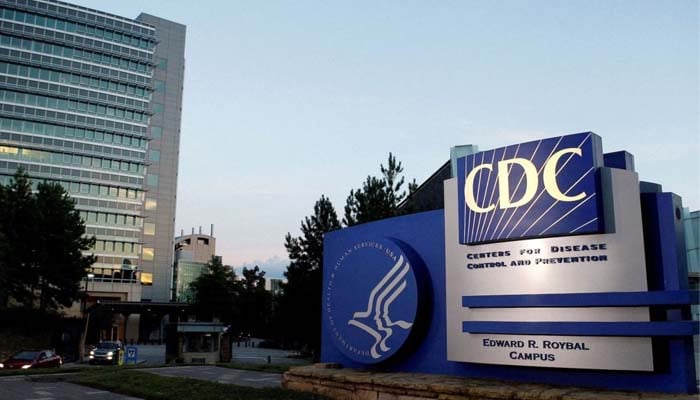
New data from CDC suggested that drug-resistant infections have exponentially increased across the US, posing a serious health threat in the public.
Between 2019-2023, these infections significantly increased nearly 70%, largely because of strains carrying the NDM gene that makes bacteria resistant to all antibiotics, including carbapenems — often the last line of defense, reducing the treatment options.
“The rise of NDMs in the U.S. is a grave danger,” said David Weiss, an infectious disease researcher at Emory University.
According to the CDC report published in Annals of Internal Medicine, carbapenem-resistant infections increased from 2 cases per 100,000 people in 2019 to over 3 per 100,000 in 2023.
Cases involving the NDM gene saw a significant increase — scaling up from 460%, from 0.25 to 1.35 per 100,000.
In 2023, researchers recorded 4,341 cases across 29 states, including 1,831 associated with NDM. However, the fatality rate is still unknown.
According to the experts, common illnesses such as urinary tract infections could be more challenging to treat. A factor which may have contributed towards the disease includes a surge in prescriptions.
The CDC mentioned that the data likely undercounts actual cases, due to lack of testing capabilities and multiple large states weren’t included.












